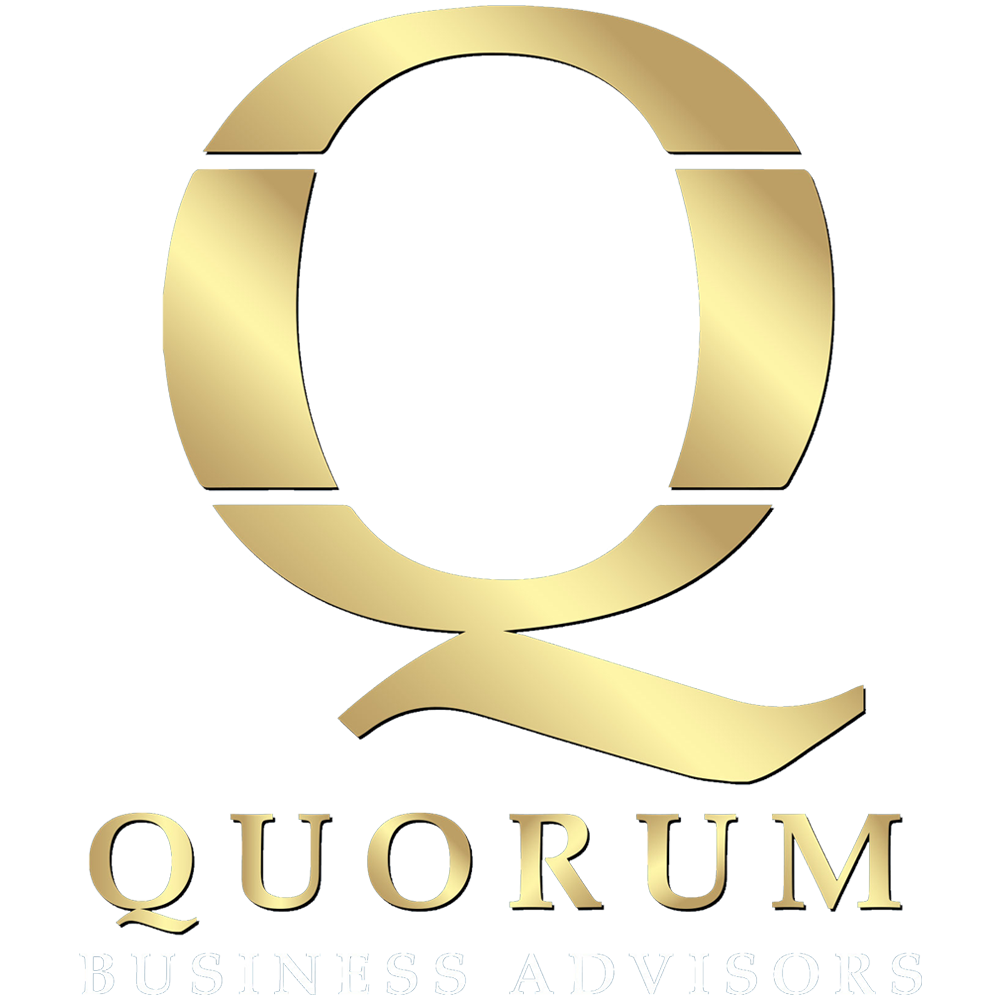Buying a Business in Florida - Make Your Vision a Reality
Your Trusted Florida Business Partners
Deciding to buy a business in Florida is a monumental decision that requires a significant investment of time, money, and energy. The goal is not just buying a business, but finding, purchasing, and operating the right business that will provide a stable source of income and a sound investment.
With Quorum Business Advisors, you get the very best professional guidance possible when looking for Florida businesses for sale, and navigating the business purchase process. As the leading business consulting firm for business buyers in Florida, we offer a full range of confidential business consulting services. Our extensive listing service, with over 4,000 active businesses for sale, offers countless opportunities in a wide array of industries.
As your broker, we help you determine which Florida businesses match your skills and experience and which ones do not. We can assist you in making an offer and advise on how to structure the acquisition to make sense for both you and the seller. We also recommend sources of financing if required and work with you and the seller step-by-step until the business transfer is successfully completed.
Your Trusted Florida Business Advisors
Broad Industry Expertise to Facilitate Your Acquisition
Florida's diverse business environment caters to a wide array of industries. Whether your interests lie in sectors like construction and transportation, retail, franchising, restaurants, bars, or various manufacturing sectors, Quorum Business Advisors has the industry-specific expertise to guide you. Our extensive experience across these industries equips us with valuable insights that can help you navigate your business acquisition journey efficiently and effectively.
Comprehensive Brokerage Services in Florida
As a trusted business broker in Florida, we pride ourselves on being more than just a transaction facilitator. We understand that buying a business is a major life event, perhaps the realization of a long-held dream. That's why we are committed to providing comprehensive support at every step of your business acquisition journey.
Navigating the Florida Business Landscape
Florida's vibrant business environment is teeming with opportunities. However, it also presents unique market trends, regulatory environments, and competitive dynamics. With our deep understanding of the Florida business landscape, Quorum Business Advisors can help you navigate these intricacies successfully.
Financing Your Florida Business Acquisition
Financing is often a significant concern when buying a Florida business. At Quorum Business Advisors, we help you understand and explore various financing options available to you, from traditional bank loans to seller financing to Small Business Administration (SBA) loans; we guide you through the application process, providing insights on how best to structure your proposal and present a compelling case to lenders.Taking the Leap: Buying a Business in Florida
Whether you're a first-time buyer venturing into entrepreneurship, or an experienced business owner looking for a new challenge, buying a business in Florida is a pivotal step toward realizing your business dreams.
Quorum Business Advisors is here to ensure your journey toward business acquisition is not only successful but also a rewarding and fulfilling experience. Begin your entrepreneurial journey with confidence. Contact Quorum Business Advisors today for a comprehensive consultation and embark on the path to buying a business in Florida. With our unwavering support and guidance, your vision of successful business ownership can be achieved.


